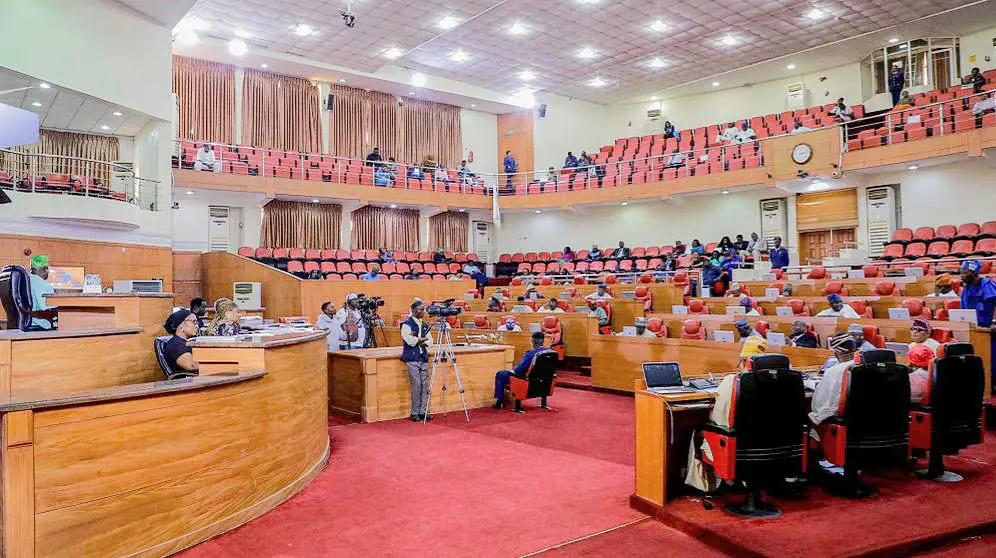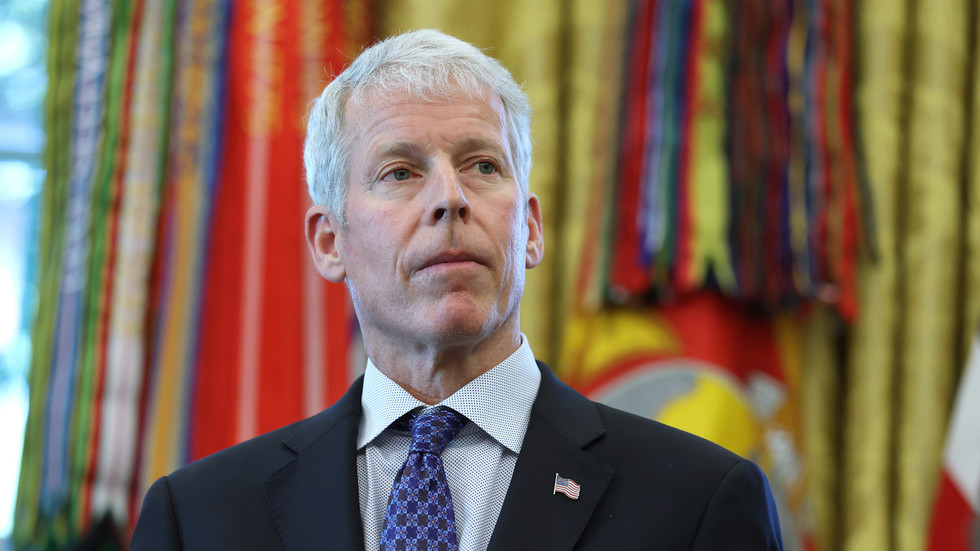A mother and her son have been killed in a violent attack on a rural farming community in Nigeria’s Benue State, marking the latest tragedy in a region long plagued by clashes between farmers and herders. Mlumun Iorhen Igbawua, 52, and her 30-year-old son, Terkimbir Iorhen Igbawua, were reportedly ambushed while working on their family’s rice farm in Tse-Nyibiam, a village near Ngban in Guma Local Government Area. The assault occurred on the same plot where Benjamin Iorhen Igbawua, Mlumun’s husband and Terkimbir’s father, was killed in May. His body remains unburied in a local morgue.
The attack unfolded as the pair labored to clear weeds from the field, which had lain fallout since Benjamin’s death five months prior. Relatives and local sources describe a grim scene: armed individuals suspected to be herdsmen allegedly targeted the family during daylight hours, leaving the victims’ bodies at the scene. Terkimbir’s wife, initially feared abducted, was later found alive after enduring torture by the assailants, according to a family member who requested anonymity. She has since reunited with relatives, though details of her ordeal remain undisclosed.
Authorities have not yet issued a formal response, leaving residents questioning the efficacy of security measures in a state where farmer-herder conflicts have escalated for years. Benue, part of Nigeria’s fertile Middle Belt, has seen recurring violence linked to disputes over land and resources, often framed within broader ethnic and economic tensions. Over 1.5 million people in the state have been displaced by such clashes since 2018, according to UN data, though localized incidents like this rarely draw national attention.
The Igbawua family’s plight underscores a pattern of intergenerational trauma in conflict zones. Benjamin’s unresolved killing and delayed burial reflect both the emotional toll on survivors and systemic challenges in accessing justice. Community leaders argue the delayed response from law enforcement exacerbates vulnerabilities for farming families, who often return to tend lands out of economic necessity despite risks.
While no group has claimed responsibility, the term “herdsmen” in Nigeria colloquially refers to pastoralists, some of whom have been accused of organized violence in land disputes. Critics note that such labels risk oversimplifying complex issues, including climate-driven migration patterns and inadequate government mediation. For now, the bereaved family mourns two more losses, their grief compounded by the unresolved fate of Benjamin’s remains—a stark reminder of cycles of violence haunting rural communities.
As international observers call for renewed dialogue to address root causes of these conflicts, the attack reignites debates about accountability and protection for civilians in Nigeria’s agrarian heartland.



